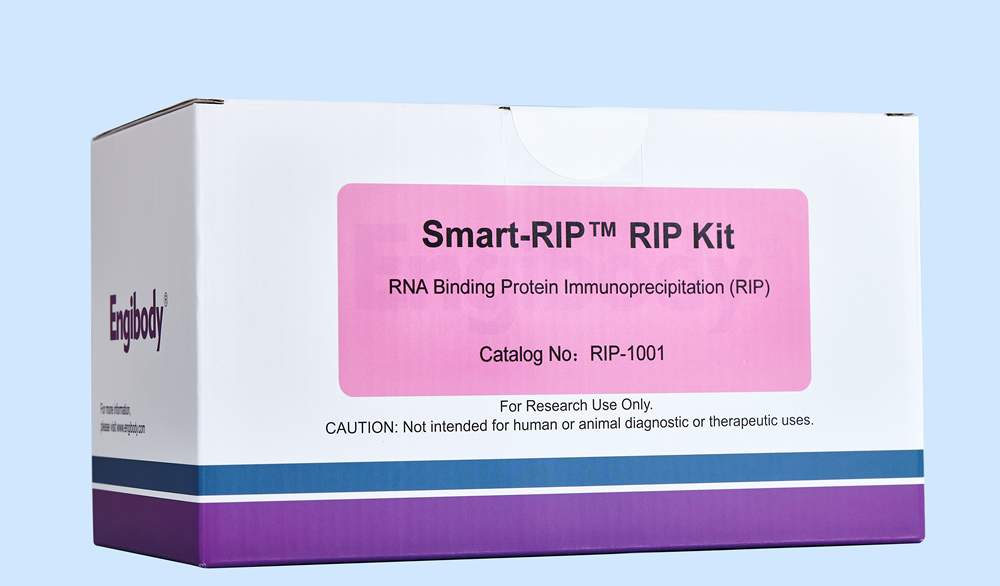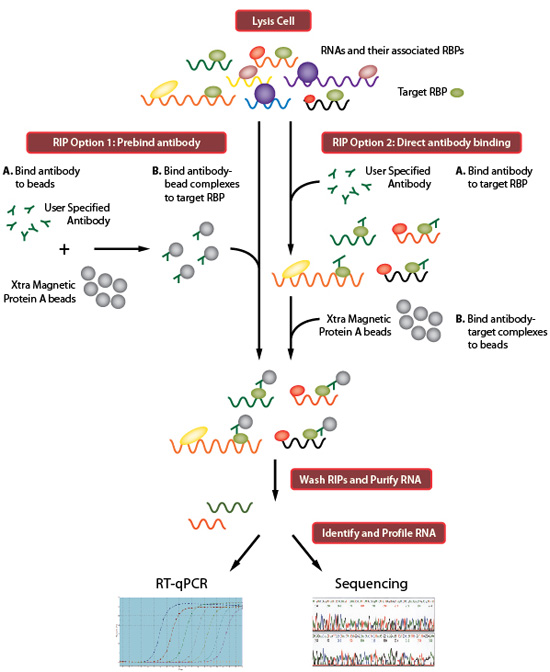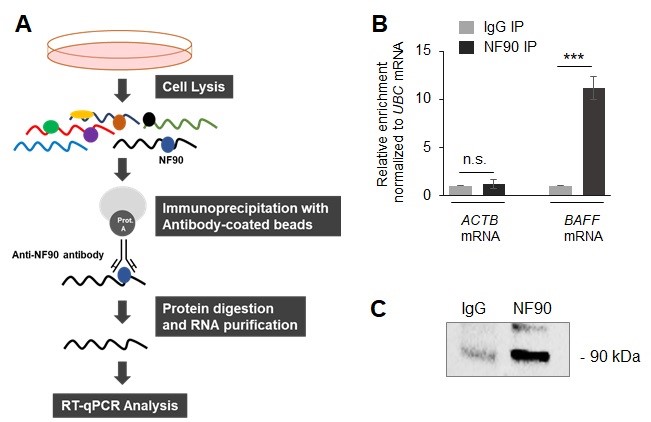95% of the human genome does not actually encode proteins, but produces a large number of non coding RNAs. These RNAs play an important role in regulating the growth and development of life, are closely related to AIDS virus/AIDS, leukemia, diabetes and other diseases, and participate in the regulation of stem cell development and epigenetics. RNA protein complexes drive post transcriptional regulation of gene expression in almost all cellular processes, including splicing, nuclear output, mRNA stability, and protein translation. Therefore, the understanding of post transcriptional regulatory networks and mechanisms depends on identifying changes in RNA binding during these processes.
The study of the interaction between RNA and protein is receiving increasing attention from scientists and has become a hot topic in epigenetic research.
RIP (RNA Binding Protein Immunoprecipitation Assay) is an RNA binding protein immunoprecipitation assay. The principle is that the RNA binding proteins (RBPs) protein RNA complex is captured by RBP specific antibodies, and then the antibody protein RNA complex is enriched by Protein A/G magnetic beads. After washing, the target RNA is finally eluted and purified to obtain RNA. The downstream is connected to conventional standard PCR, fluorescence quantitative PCR or library construction, and high-throughput second-generation sequencing is performed. It is a technique used for in vivo In Vivo detection of RNA binding proteins (RBPs) protein RNA fragment interactions.


